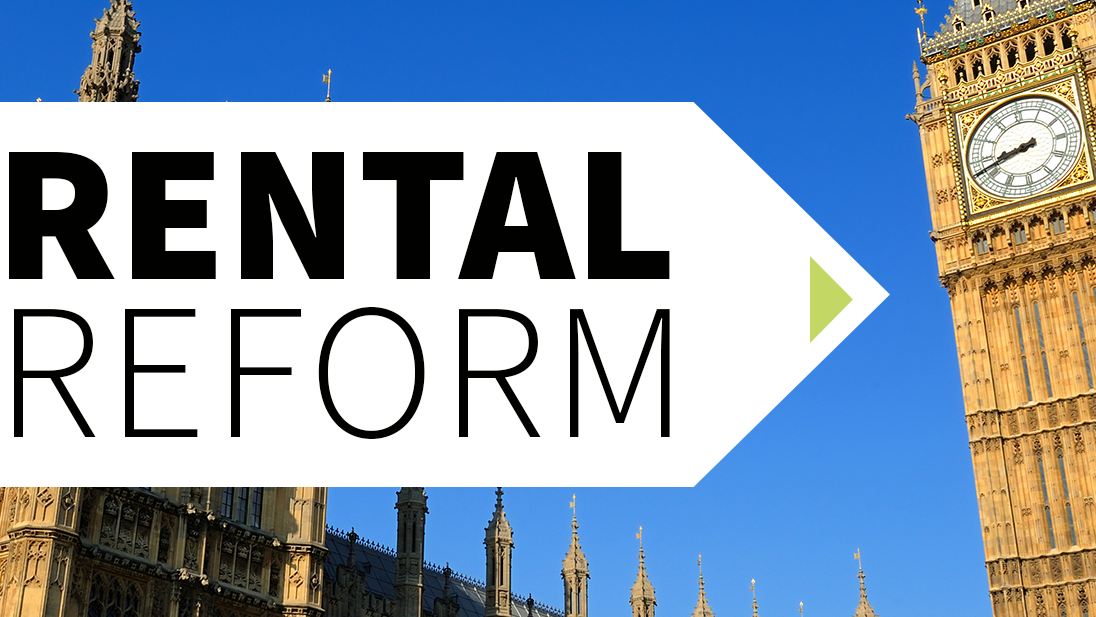News
Get the latest news on rentals, lettings services and property management.
Renters (Reform) Bill has Passed Through The House of Commons
In May 2023, the Renters Reform Bill was published and has been making its way through the House of Commons. The third reading of the Bill on 24th April 2024 was passed following a lengthy debate and over 200 amendments. The Bill has now been introduced to the House of Lords for further scrutiny with the first reading which was on 15th May 2024 (click here to read).
The implementation of the Act (the commencement date) would be six months after Royal Assent, which was expected to be in October/November, with the Act then moving to implementation from May 2025. However, on 22nd May, a General Election was announced for July 2024 which has thrown serious doubt over whether the Bill will continue through to new legislation. It will now be dependent on who wins the vote to whether the Bill will resurface and in what form.
It is still important to understand the current position of the Bill, should it continue to progress, so Whitaker Cadre’s key updates to takeaway are below.
Key Updates to Takeaway:
- All new tenancies will be effective for a minimum of six months, as the standard two months’ notice can only be given by tenants after four months. This will prevent tenants moving in and immediately giving two months’ notice. As you may recall, all new tenancies will be rolling periodic assured tenancies, they no longer have a fixed term with an end date.
- Student tenancies will also be rolling periodic tenancies, however the Bill has been amended so that landlords can give two months’ notice (notice to expire between 1st June and 30th September) to existing student tenants, so long as the landlord intends to let the property to full time students during the next academic year.
- Abolition of Section 21 Notices have been delayed (no fault evictions) for all existing tenancies, until a review of the County Court system has been undertaken, as part of the Lord Chancellors assessment (as per the Bill, landlords will no longer be able to serve Section 21 Notices on tenants with new tenancies).
As a result, Section 8 which deal with grounds for possession have been strengthened for landlords, in order to re-gain possession of their property – we await further clarity on the grounds.
What is a new vs. existing tenancy?
A new tenancy is any tenancy that has been created, renewed, or amended after the commencement date. This includes an existing fixed term tenancy which moves to a periodic tenancy when the fixed term expires, and as most tenancies are signed for either six or 12 month periods, the vast majority of existing tenancies will switch over to new tenancies within the year following the commencement date.
An existing tenancy is any tenancy that was signed before the commencement date and has not yet reached the end of its fixed term, nor been renewed. This would include a tenancy that has been signed before the commencement date but the move in date is after the commencement date.
With all this uncertainty, it’s very difficult for us to plan for the commencement of the Act and, until passed, Whitaker Cadre are unable to update our procedures or amend our tenancy agreements for new tenancies. Although we are in this state of limbo, you can be assured that Whitaker Cadre will continue to monitor developments in relation to the Bill, and subsequent implementation of the Renters (Reform) Act.
If you have any questions about this Bill, the potential implications it may have, or the potential impact of the General Election, feel free to pop in to one of the Whitaker Cadre offices in Ilkley, Harrogate or Leeds, drop Brian an email or give us a call.

